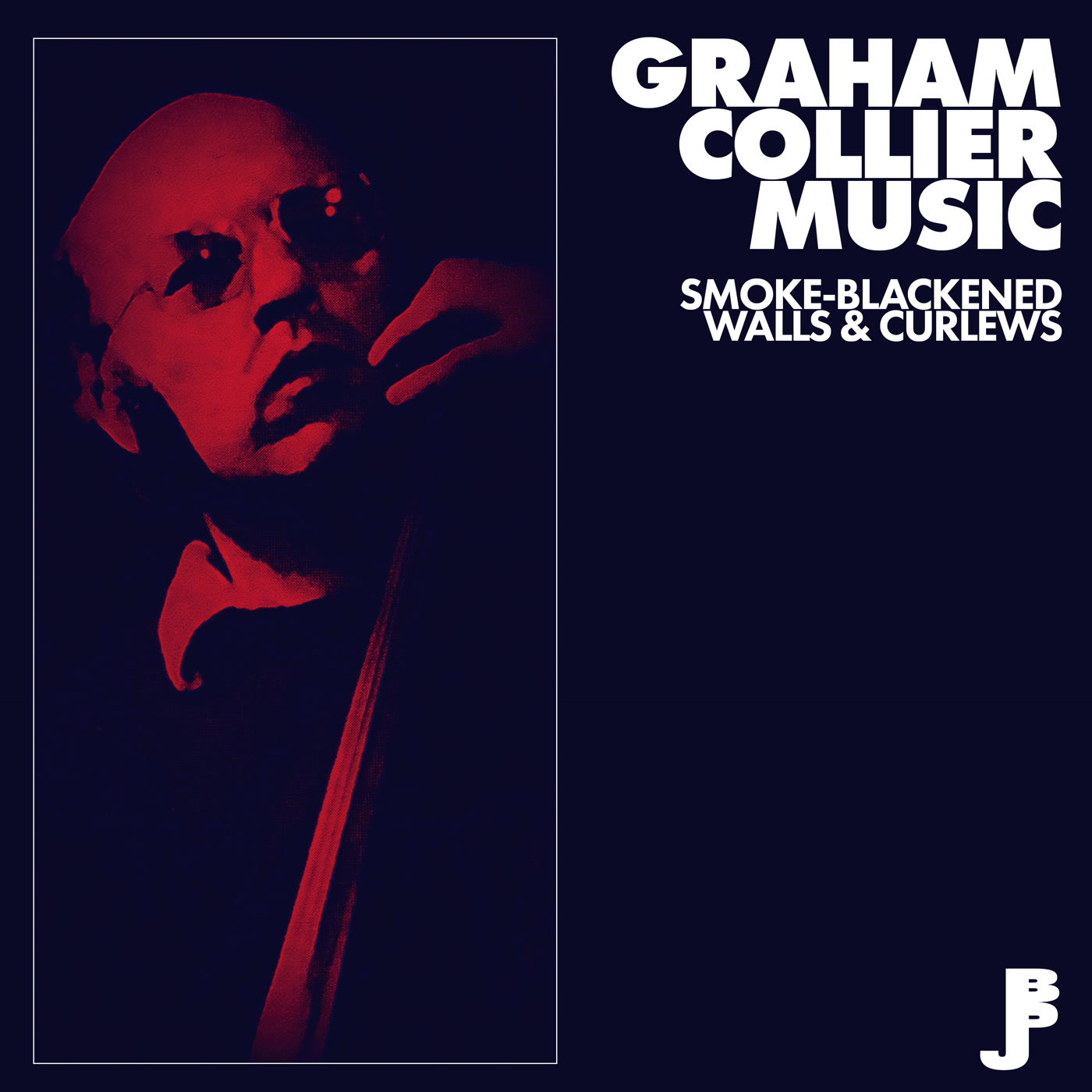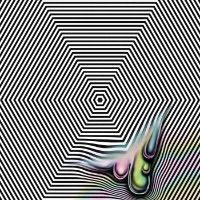- Digital
Graham Collier Music
Smoke-Blackened Walls & Curlews
British Progressive Jazz
- Cat No: BPJ020ST
- Release: 2024-09-06
- updated:
Track List
-
1. Graham Collier Music - Part 1: The Good Companions
05:31 -
2. Graham Collier Music - Part 2: In a Manufacturing Town
05:47 -
3. Graham Collier Music - Part 3: Pennines In April
04:13 -
4. Graham Collier Music - Part 4: Wind
04:24 -
5. Graham Collier Music - Part 5: Old Established Bradford Mill Owners
02:34 -
6. Graham Collier Music - Part 6: The Horses
03:39
24bit/44.1khz [wav/flac/aiff/alac/mp3]
Recorded in London, July 1971.
Previously unissued. Stereophonic sound.
Compositions originally commissioned for the 1970 Bradford Arts Festival. Graham Collier's portrait of The West Riding, one of the three historic subdivisions of Yorkshire, England.
John Carberry - narrator
Harry Beckett - trumpet & flugelhorn
Alan Wakeman - tenor & soprano sax
Bob Sydor - tenor & alto sax
Geoff Castle - piano
Graham Collier - double bass
John 'Chick' Webb - drums
'Surprisingly enough, program music is not all that common in jazz. For example, unlike their classical counterparts, not many jazz composers have set out to evoke particular places. Duke Ellington's 'Tone Parallel To Harlem' is one of the great exceptions. Britain has been even more neglected, unless you count Billy Strayhorn's 'Chelsea Bridge', and that was about Whistler's painting rather than the actual bridge itself. But the British jazz composer Graham Collier is one who is doing something about this. In 1969 he presented his 'London Cries' at the Camden Festival. Last year he was commissioned to produce a work for the Bradford Festival - the work you're going to hear now - called 'Smoke-Blackened Walls & Curlews', a title which illustrates the contrast Collier was aiming for between the open Yorkshire countryside and the crowded industrial cities of The West Riding. The composition is not only tighter in style than most of Collier's present day work, but it draws upon words as well as music. The same was true of 'London Cries' but there Collier made use of traditional street cries. Here he selects prose and verse extracts designed to give a portrait of Bradford and the country around it. First comes an excerpt from J.B. Priestley's novel 'The Good Companions'. Then a poem by Edward Carpenter, famous in Victorian times for his advocacy of a return to natural simplicity and for his attacks on industrial squalor. The poem is called 'In a Manufacturing Town' and comes from Carpenter's book 'Towards Democracy'. Then there are three poems by a contemporary poet, Ted Hughes, who like J.B. Priestley was born in Yorkshire. Hughes' poems are 'Pennines In April', 'Wind', and 'The Horses'. And before that last poem, John Carberry is heard reciting a list of some of the old established Bradford mill owners, and gradually being overwhelmed by the music.'
Charles Fox, July 1971.
All music composed by Graham Collier ℗ 1970
Original source: Public domain.
Restored and mastered by British Progressive Jazz.
Special thanks to: Fabio Loli, Pat Thomas, Matt Leivers, Kirk Annett, Nigel Atkinson, Simon Keslake, Kelly N. Wiggin, Wayne Duncan, Andrew Naylor. Arno Kolster, Richard Hammond, Wang Xi, Robert Mallett, Mark Huggett, Collin Markum, Stuart Ansell, Dafydd Lewis, Paul Nightingale.
Previously unissued. Stereophonic sound.
Compositions originally commissioned for the 1970 Bradford Arts Festival. Graham Collier's portrait of The West Riding, one of the three historic subdivisions of Yorkshire, England.
John Carberry - narrator
Harry Beckett - trumpet & flugelhorn
Alan Wakeman - tenor & soprano sax
Bob Sydor - tenor & alto sax
Geoff Castle - piano
Graham Collier - double bass
John 'Chick' Webb - drums
'Surprisingly enough, program music is not all that common in jazz. For example, unlike their classical counterparts, not many jazz composers have set out to evoke particular places. Duke Ellington's 'Tone Parallel To Harlem' is one of the great exceptions. Britain has been even more neglected, unless you count Billy Strayhorn's 'Chelsea Bridge', and that was about Whistler's painting rather than the actual bridge itself. But the British jazz composer Graham Collier is one who is doing something about this. In 1969 he presented his 'London Cries' at the Camden Festival. Last year he was commissioned to produce a work for the Bradford Festival - the work you're going to hear now - called 'Smoke-Blackened Walls & Curlews', a title which illustrates the contrast Collier was aiming for between the open Yorkshire countryside and the crowded industrial cities of The West Riding. The composition is not only tighter in style than most of Collier's present day work, but it draws upon words as well as music. The same was true of 'London Cries' but there Collier made use of traditional street cries. Here he selects prose and verse extracts designed to give a portrait of Bradford and the country around it. First comes an excerpt from J.B. Priestley's novel 'The Good Companions'. Then a poem by Edward Carpenter, famous in Victorian times for his advocacy of a return to natural simplicity and for his attacks on industrial squalor. The poem is called 'In a Manufacturing Town' and comes from Carpenter's book 'Towards Democracy'. Then there are three poems by a contemporary poet, Ted Hughes, who like J.B. Priestley was born in Yorkshire. Hughes' poems are 'Pennines In April', 'Wind', and 'The Horses'. And before that last poem, John Carberry is heard reciting a list of some of the old established Bradford mill owners, and gradually being overwhelmed by the music.'
Charles Fox, July 1971.
All music composed by Graham Collier ℗ 1970
Original source: Public domain.
Restored and mastered by British Progressive Jazz.
Special thanks to: Fabio Loli, Pat Thomas, Matt Leivers, Kirk Annett, Nigel Atkinson, Simon Keslake, Kelly N. Wiggin, Wayne Duncan, Andrew Naylor. Arno Kolster, Richard Hammond, Wang Xi, Robert Mallett, Mark Huggett, Collin Markum, Stuart Ansell, Dafydd Lewis, Paul Nightingale.



